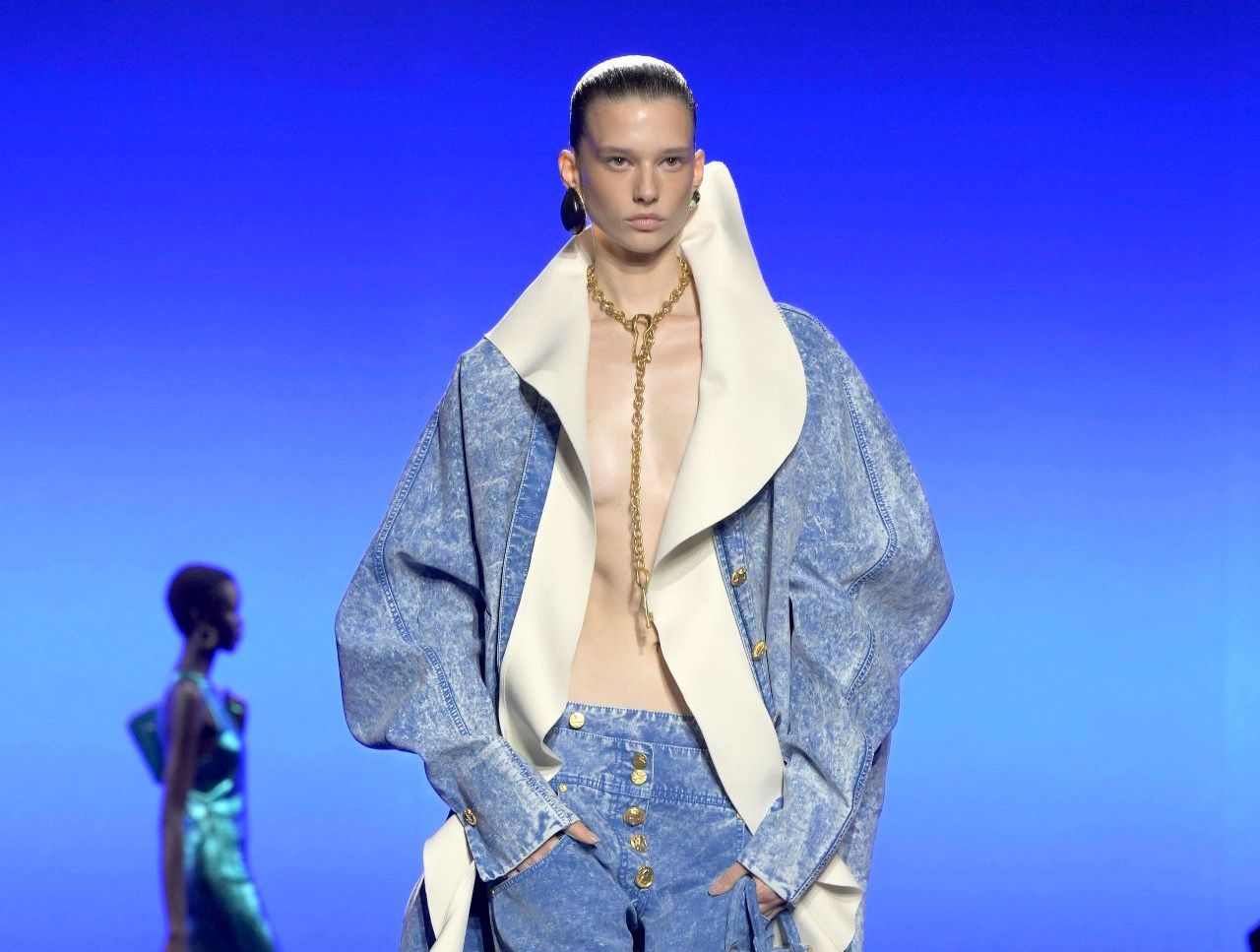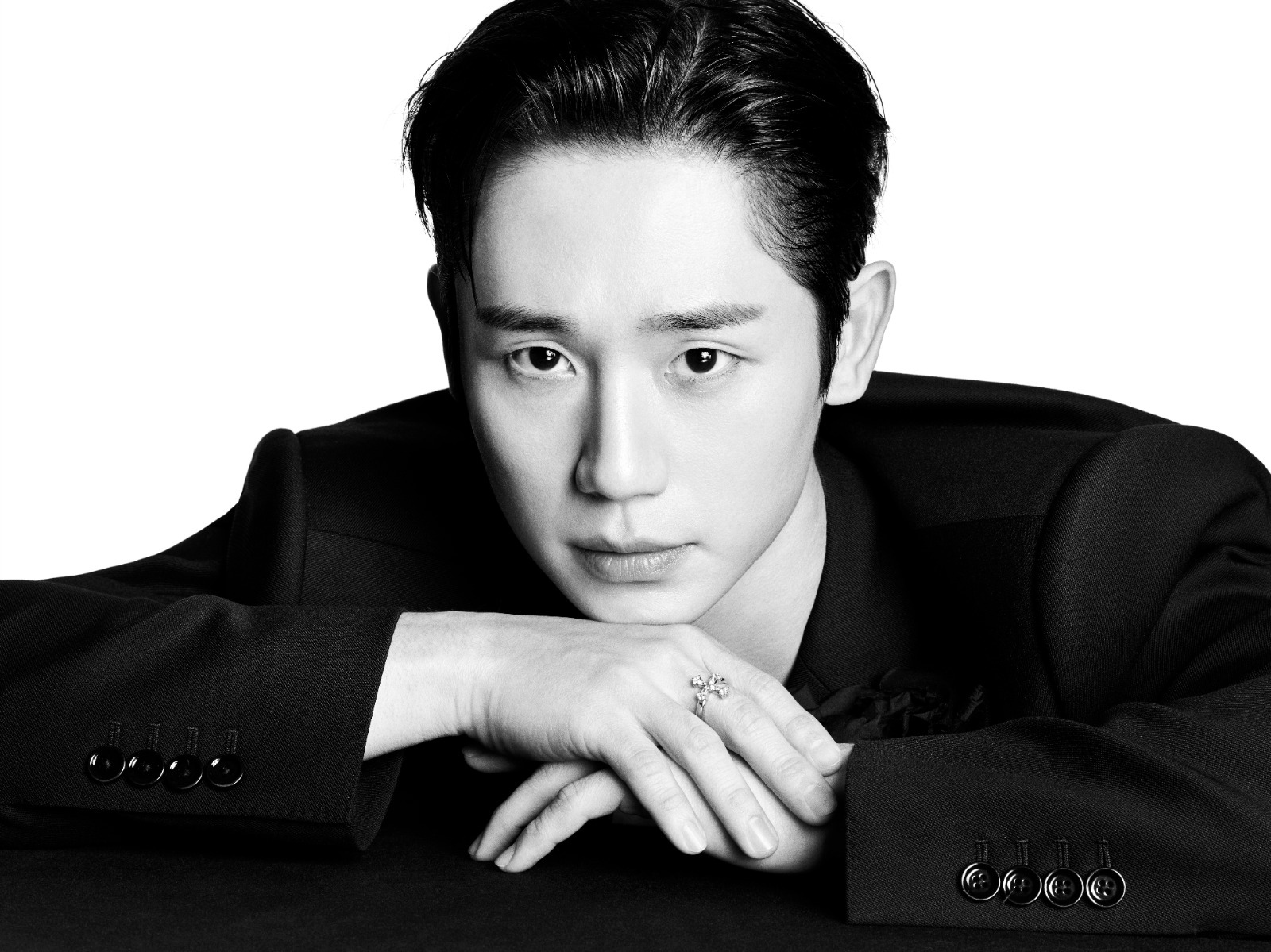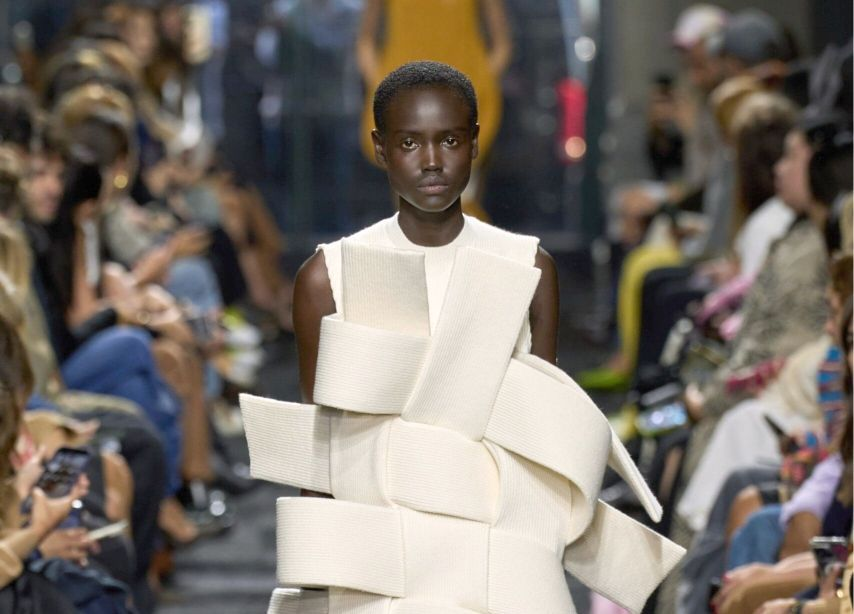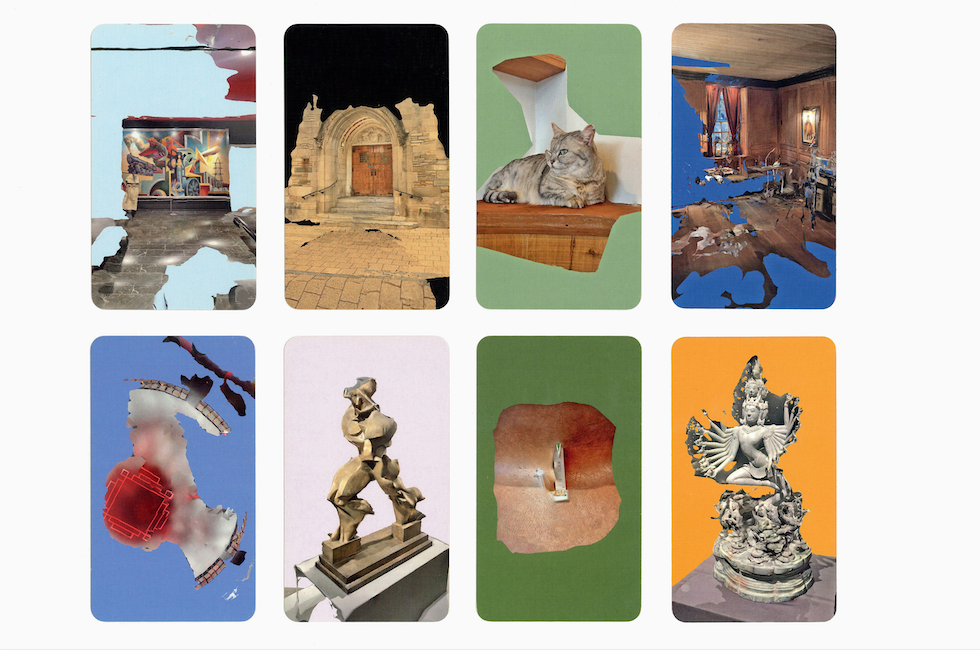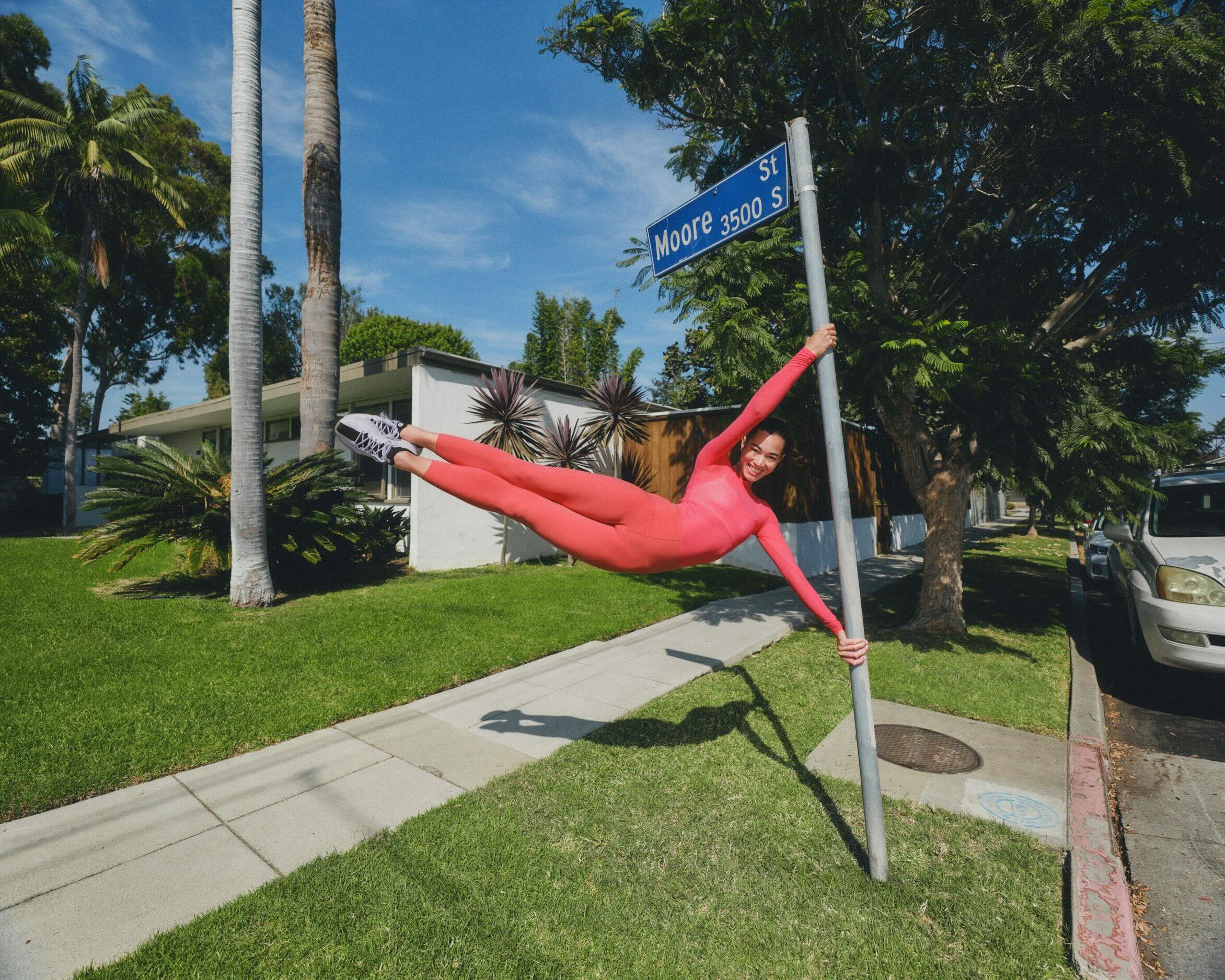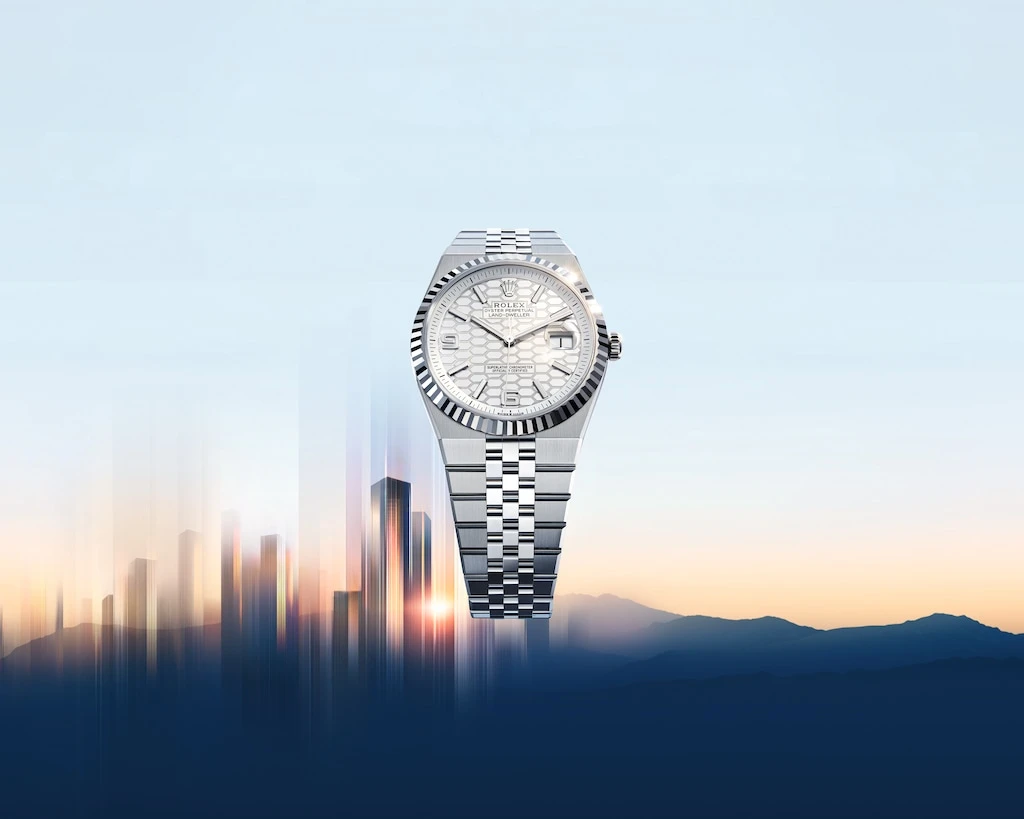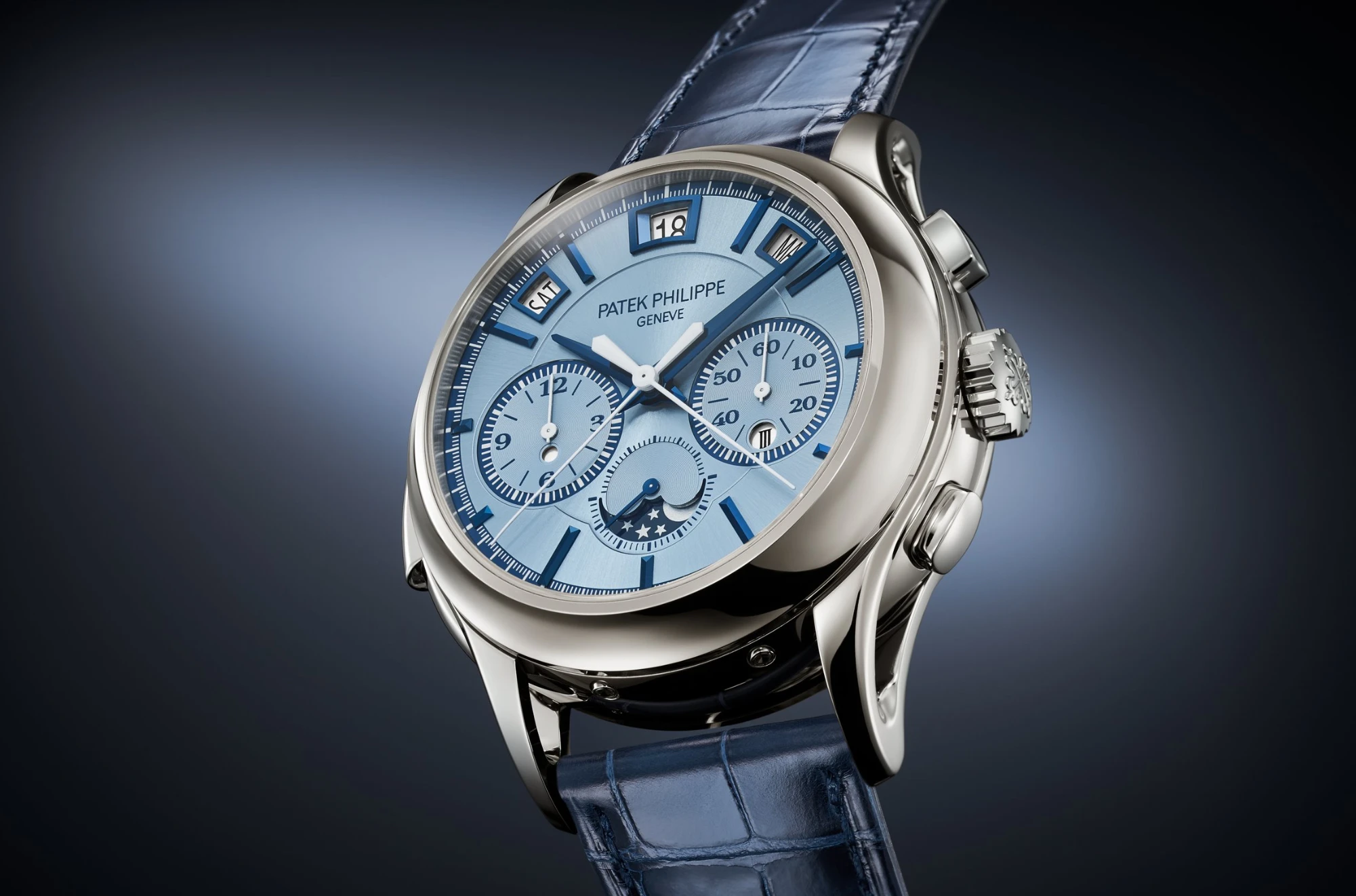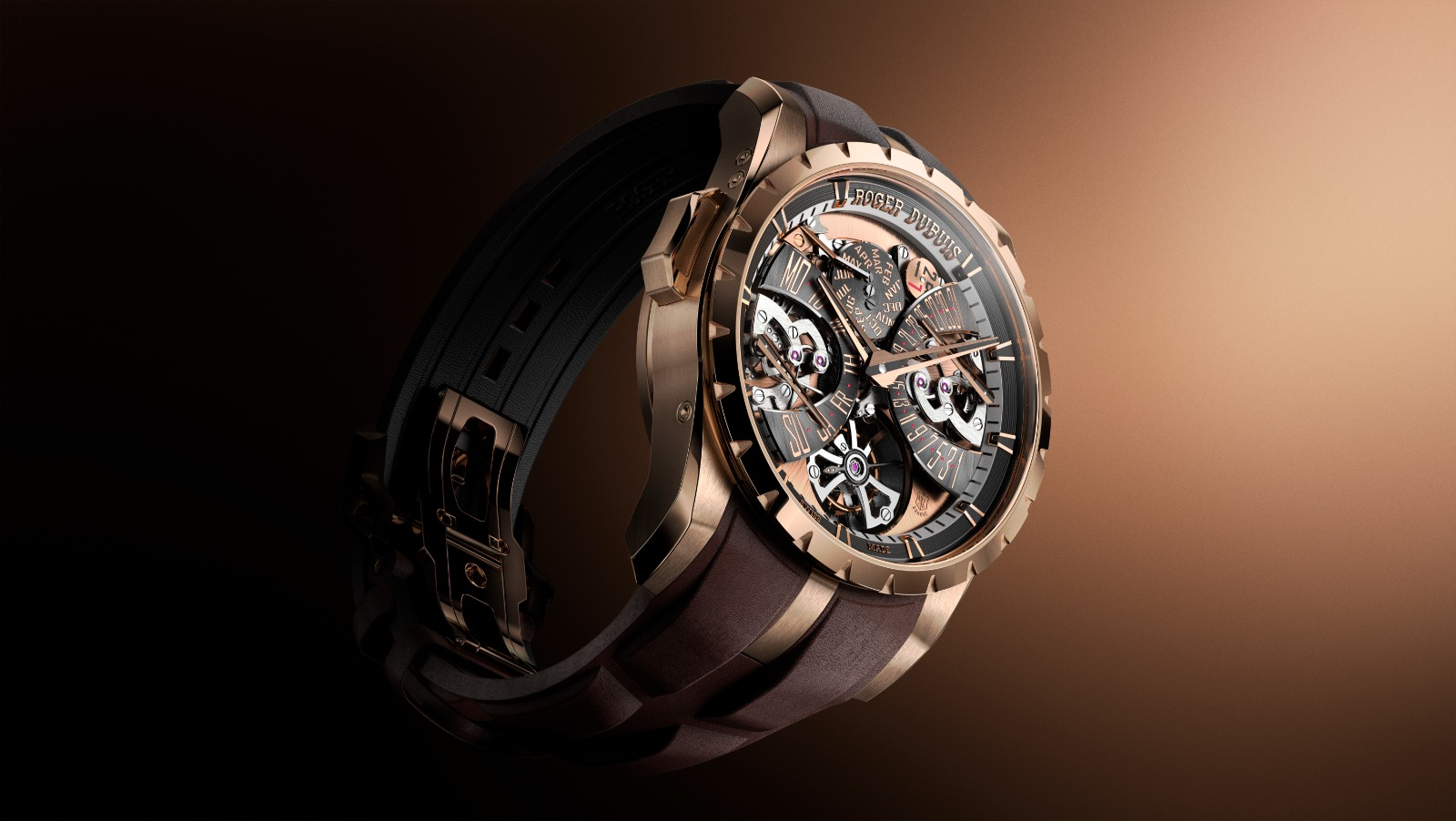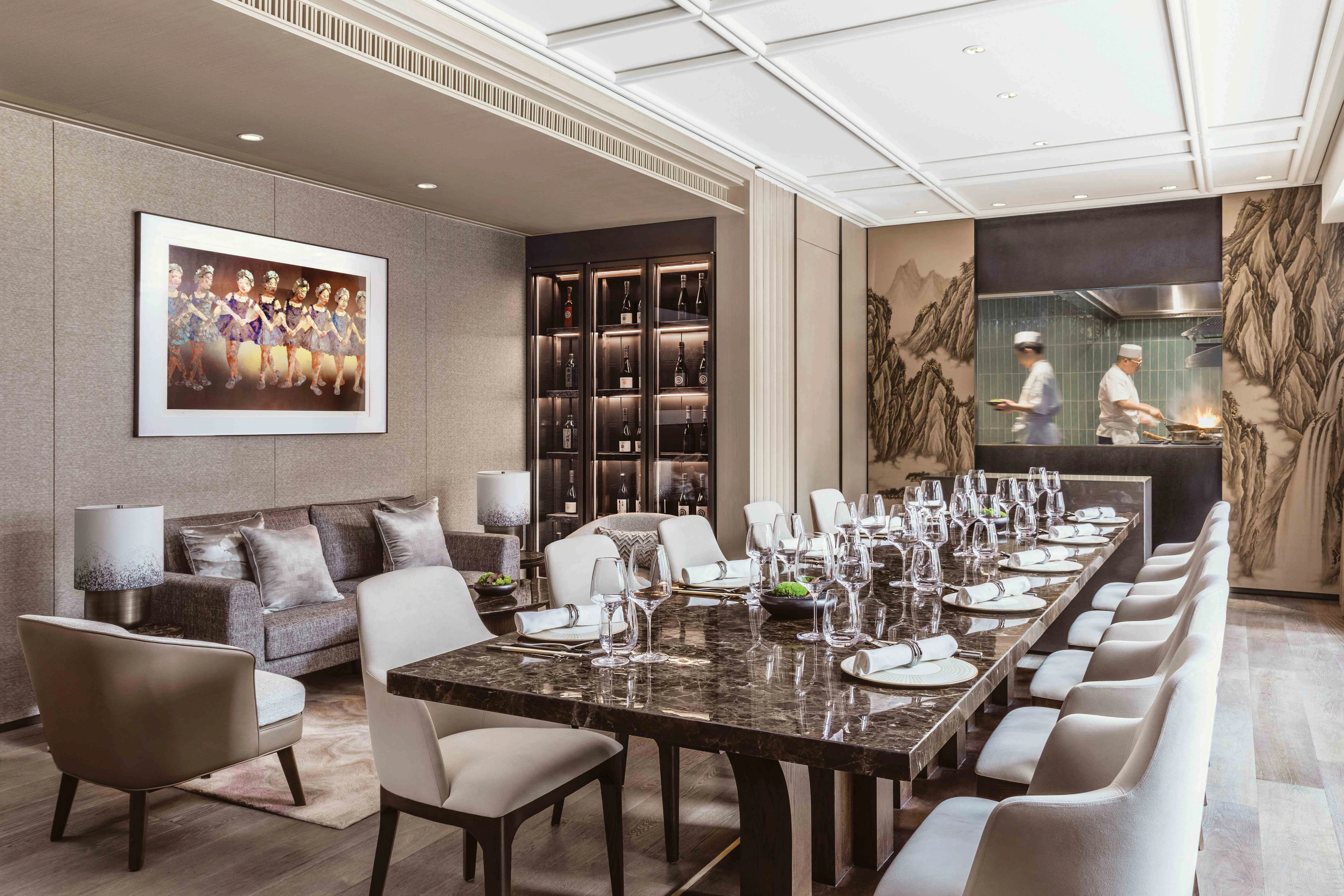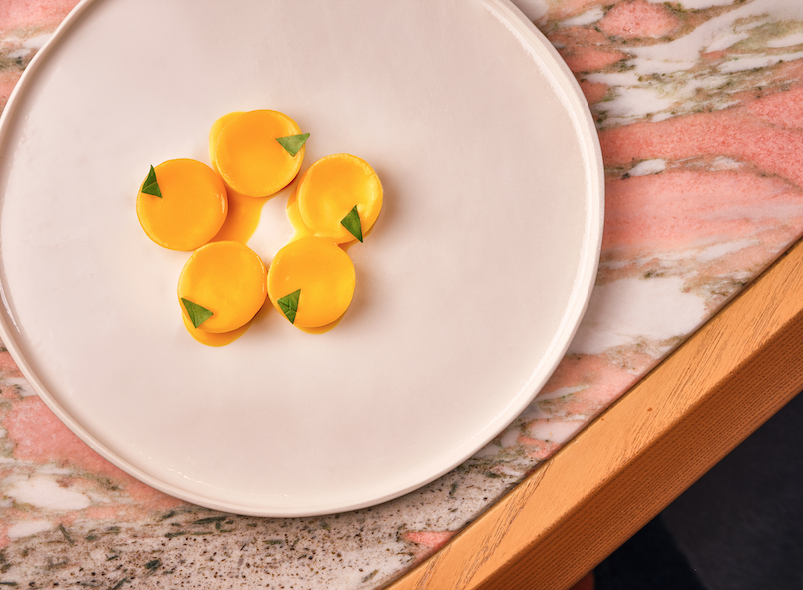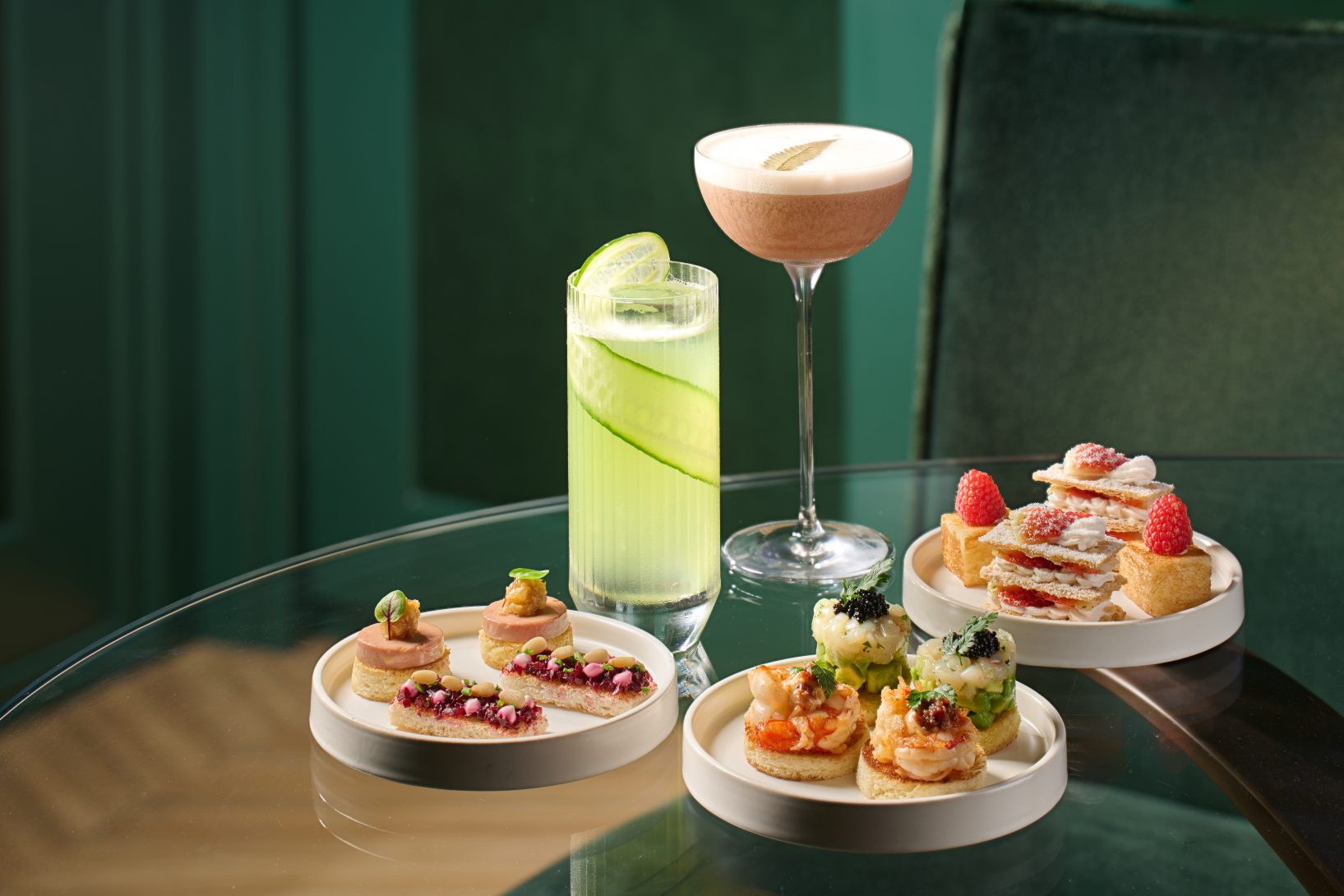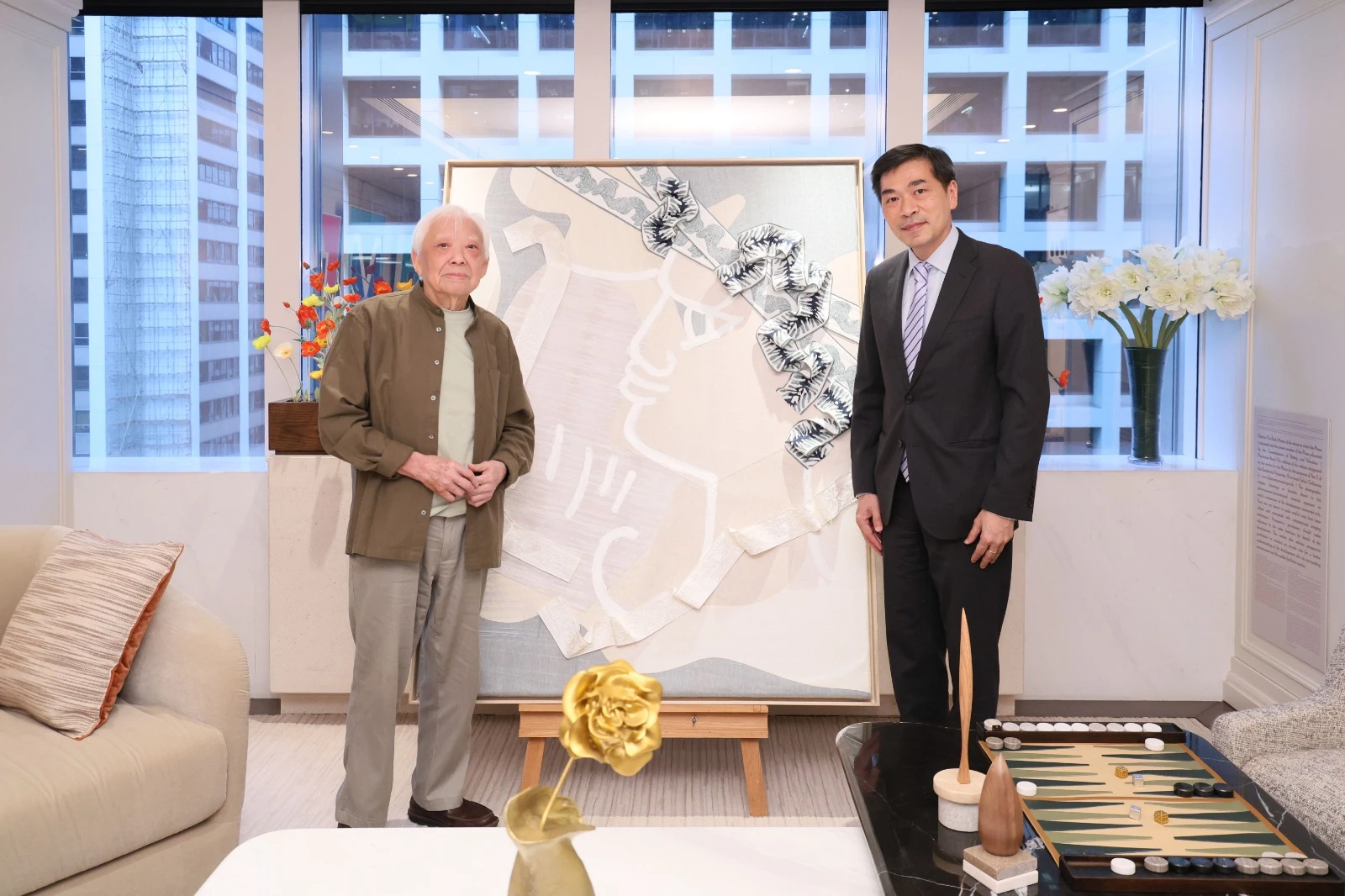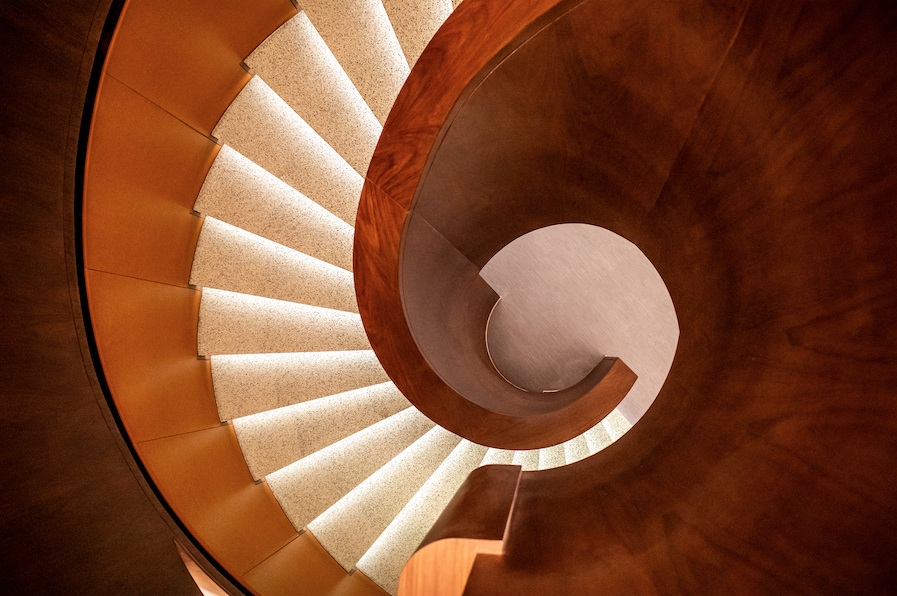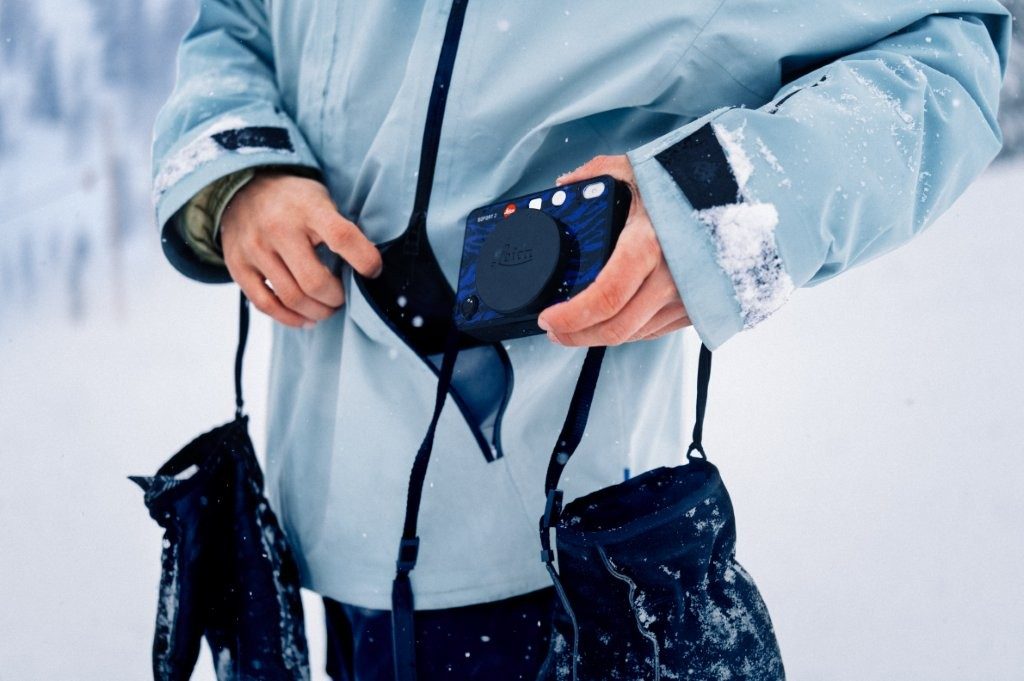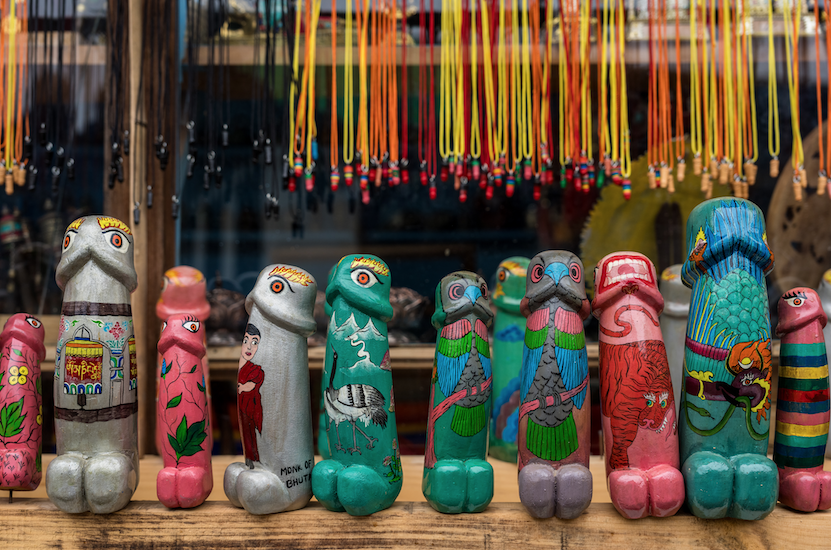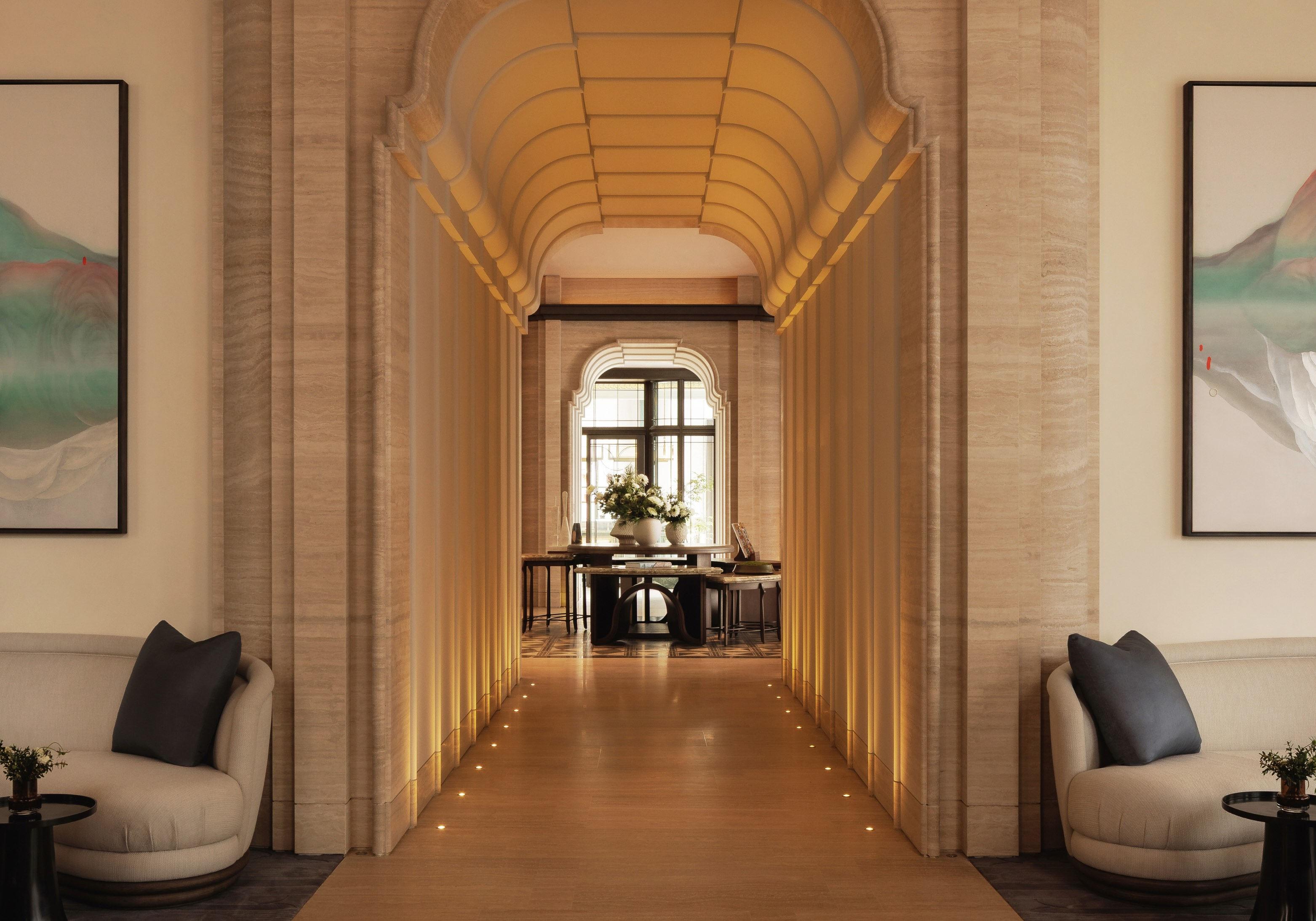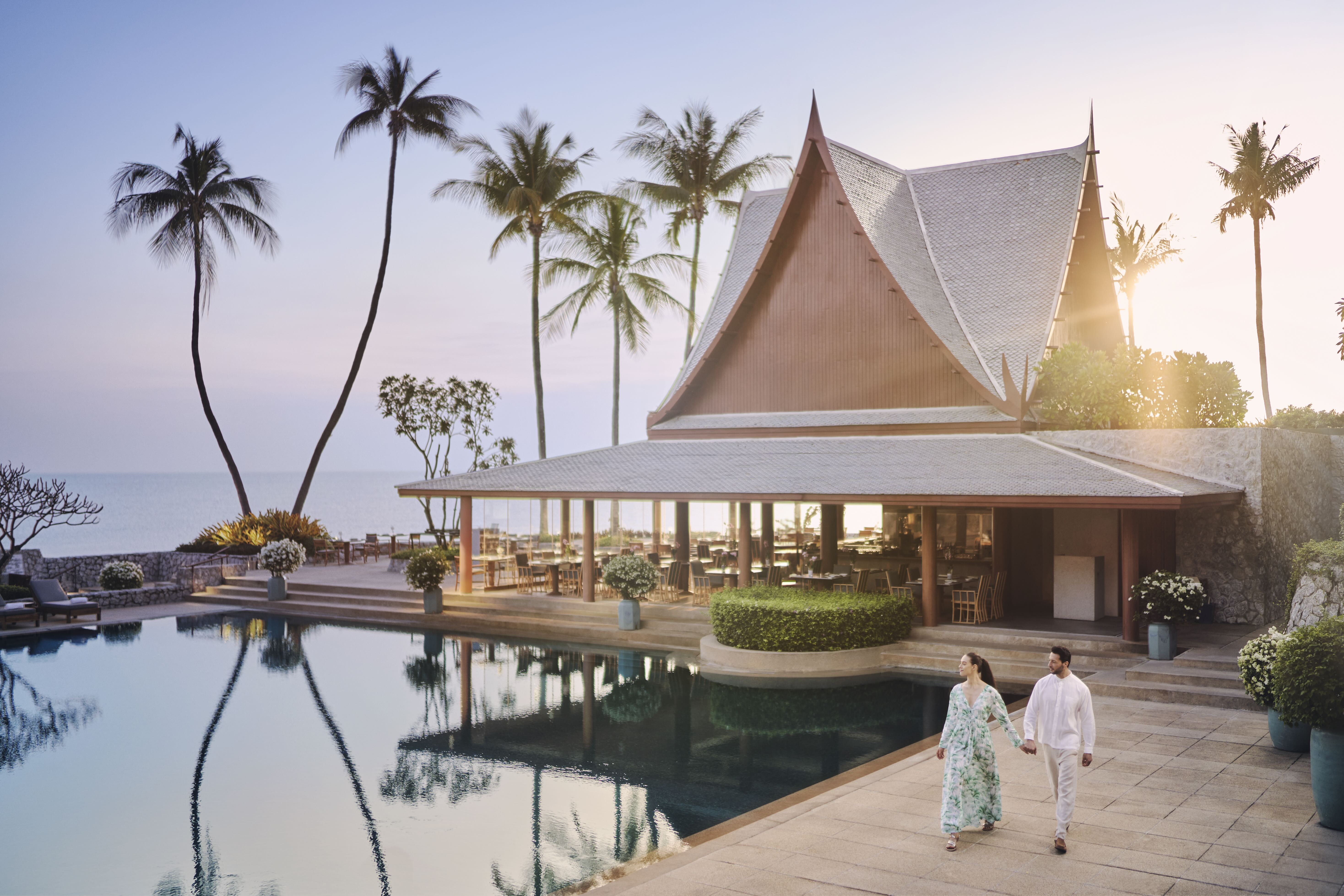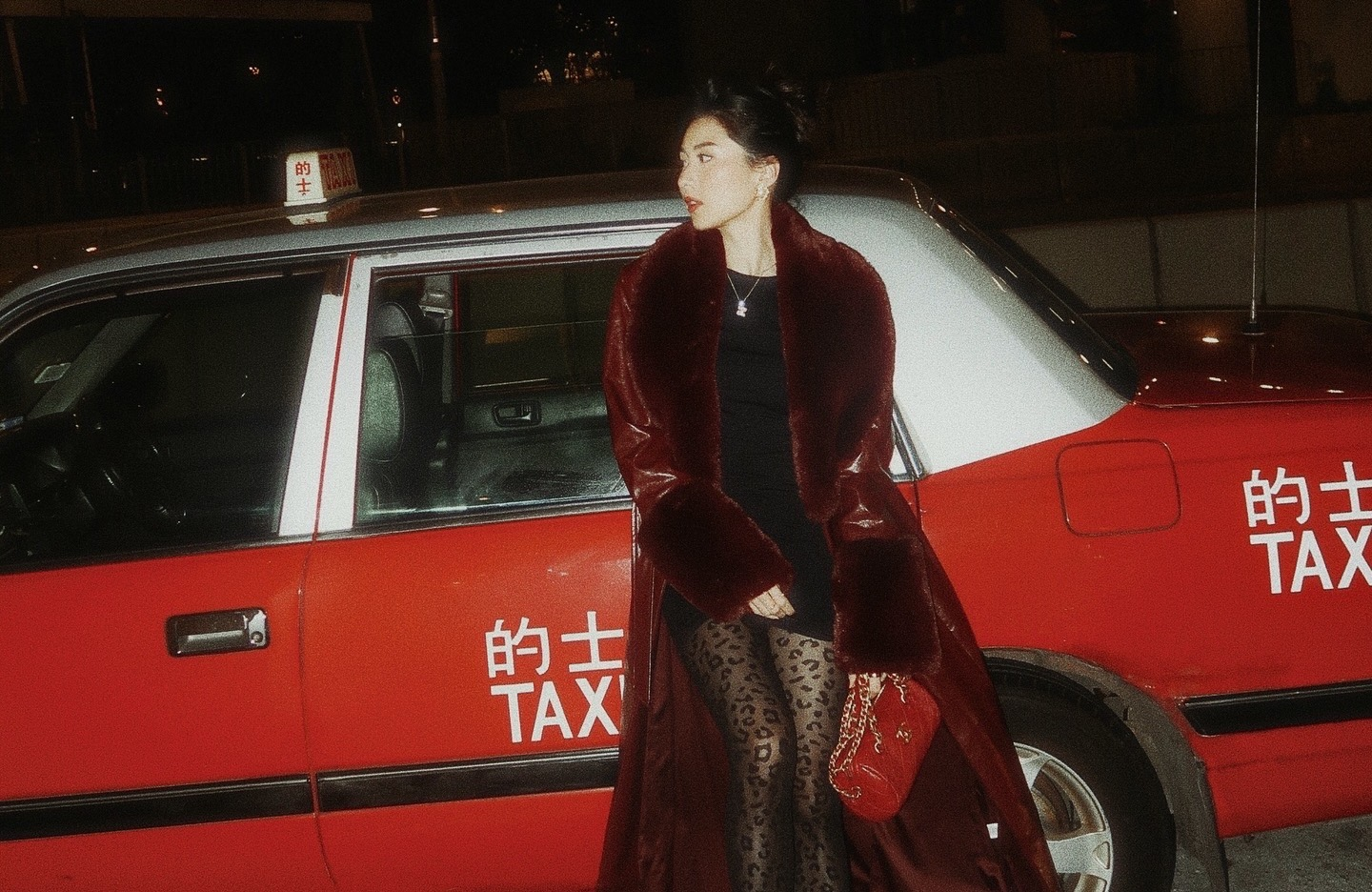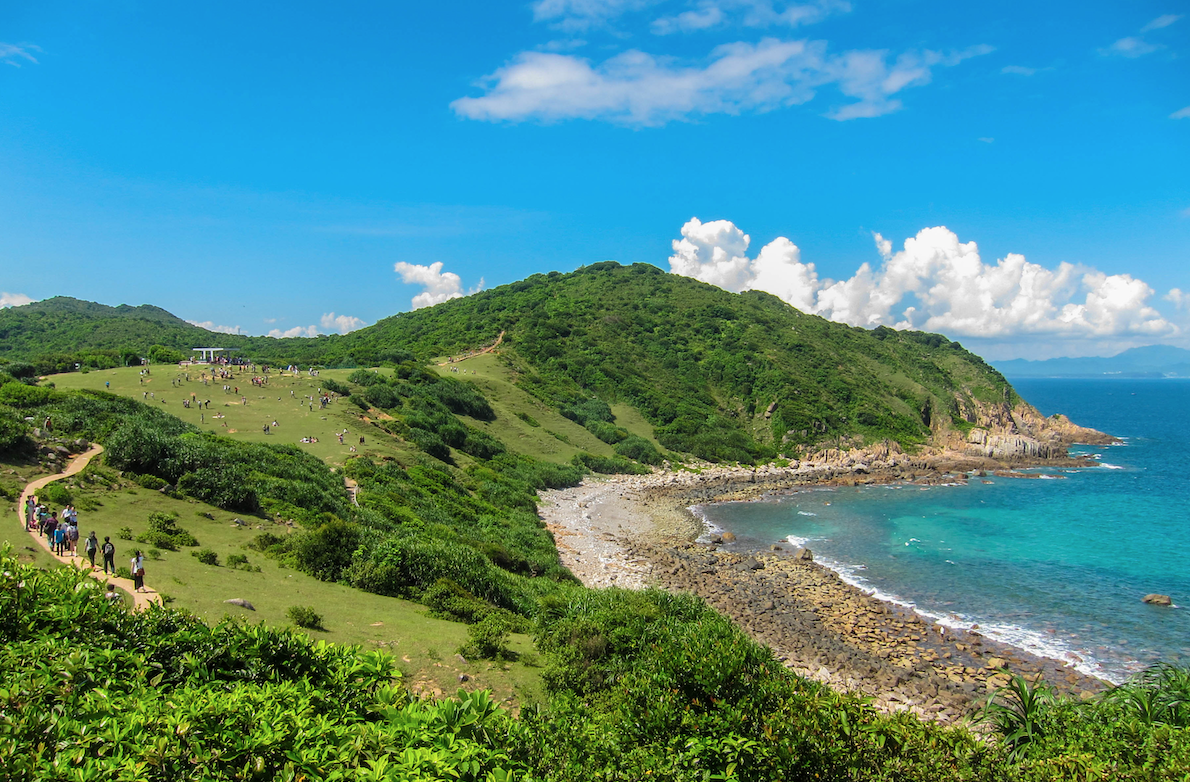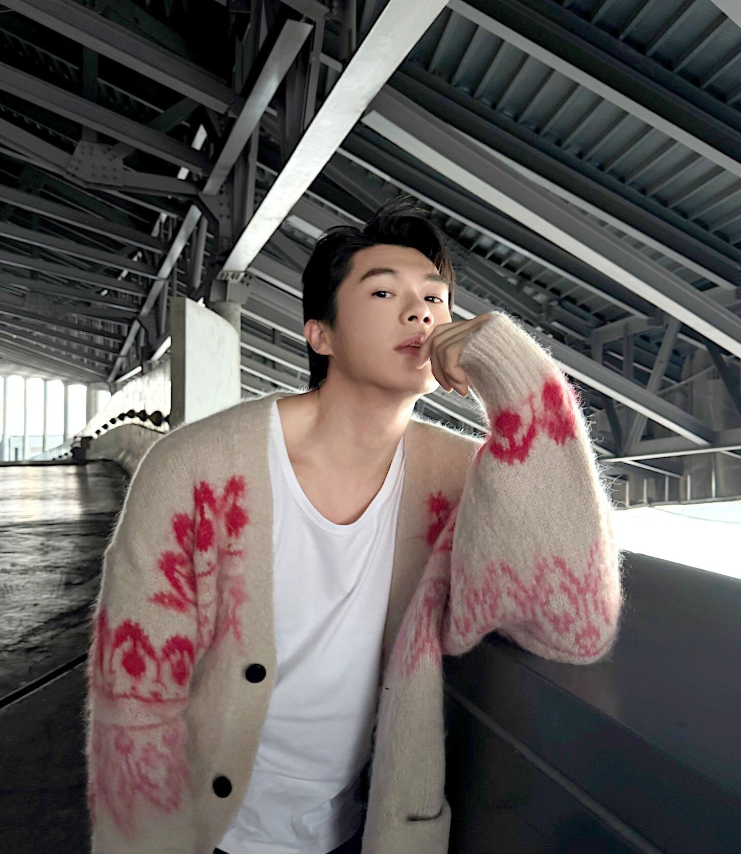Japan’s most exciting road-trip: Setouchi and Tadao Ando’s Aonagi retreat
Dec 12, 2019

If you are a savvy traveller or an art lover, there’s a high chance that you have seen pictures of Japan’s southern Setouchi region before. One of the most emblematic images of the area, in fact, is Yayoi Kusama’s yellow pumpkin sculpture on the island of Naoshima. Kusama’s art, like that of many of her successful contemporaries, has been attracting visitors from all over the world. However, when the celebrated Setouchi Triennale, an art festival held every three years, is not happening, Setouchi is an off-the-beaten-path and largely unexplored region of Japan that makes for an unforgettable road trip. Last summer, we drove for about 700km and explored some of the region’s hidden – and not – gems and stayed at one of the most unique properties in Japan: Setouchi Retreat Aonagi.
Dotting the Seto Inland Sea around a large coastal area of Honshū, Kyūshū and Shikoku, the Setouchi Islands comprise a scenic geographic region of the same name. The main cities of Tamakatsu, Hiroshima and Matsuyama are also located within the region, making it very accessible and easy to reach.
On a humid and foggy weekend in late June, we rented a car from the semi-deserted airport of Hiroshima and ventured on a road-trip across the islands, bridges and the coastal areas that make for one of Japan’s most interesting and underrated regions. While summer is definitely not ideal from a climatic point of view, the low season is perfect to explore Setouchi for its fascinating and unique calmness, bright green nature and local charm. Most of the islands are connected by ferries and served by public transport but there is no better way to explore Setouchi than to hop on a car and stop along the way to eat local delicacies, take pictures and walk around.

It would be difficult – if not impossible – to make a list of places to see in the area. Setouchi, in fact, is one of those places that is worth exploring following your intuition and guided by your eyes. Most of the cost towns and insular villages are incredibly charming and unique to the area, offering a fresh – and definitely different from the collective imaginary – perspective on life in Japan. Since we didn’t take ferries or trains, we didn’t see any foreigner. In fact, in most small restaurants and udon shops – the region is famous for its Sanuki noodles – we were the only visitors.

Setouchi Retreat Aonagi, the seven-suites retreat designed and built by superstar architect Tadao Ando, situated on the hills of Matsuyama, was one of the most unforgettable parts of the road-trip. The retreat, a quintessential example of minimalistic luxury, encapsulates, as we would discover throughout the trip, everything that Setouchi is about: an effortlessly tranquil and elegant celebration of Japanese history, art and local excellence surrounded by surreal natural sceneries. More than a luxury hotel with a stunning view of the Seto Inland Sea and its islands, Setouchi Aonagi is a multifaceted experience.

Ando, a self-taught architect and icon of Japanese culture and aesthetic, is famous for complex and yet simple structures that exalt elements like concrete, steel and glass. The use of natural light is also a defining feature of his oeuvre, especially in the homes and museums he conceptualised. Joining Ando’s celebrated works in Naoshima – namely Benesse, Chichu Art Mueum and Ando Museum – Setouchi Aonagi is an homage to the region’s reputation as a mecca of modern and contemporary art and to the architect’s immense contribution to it. For anyone visiting the region, a stay at the retreat is a unique opportunity to experience Ando’s genius while indulging in world class luxury service and hospitality.
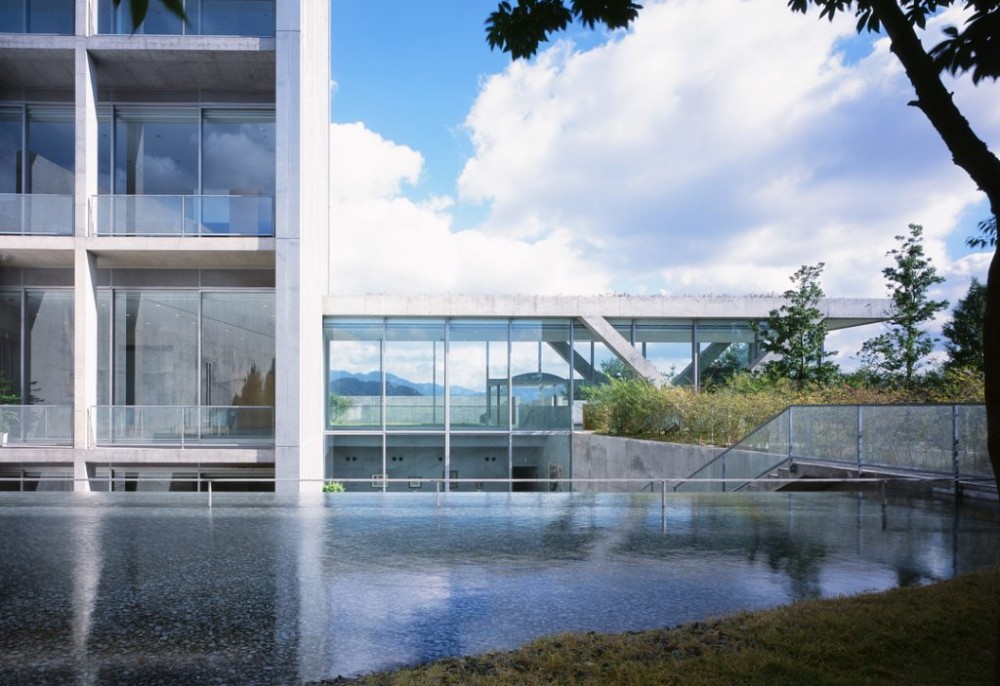
The seven suites are all different from each other and with unique features. We were lucky enough to stay at the signature Aonagi suite, a two-room maisonette with a breath-taking panoramic view of the Seto Island Sea from the floor-to-ceiling window. Housed over two floors in a 8-metre high loft-like structure, the space resembles – and feels like – a sumptuous Japanese private residence. In fact, during our stay, we rarely felt like we were staying in a hotel. Rather, we experienced the best of the country’s contemporary interpretation of minimalistic luxury in the most tranquil and surreal setting. On sunny and clear days – we were told – the suite’s balcony boosts one of the best views in the country. However, even the gloomy view from our window was nothing short from unforgettable.
Thanks to its location and terrain, Setouchi has a culinary tradition that spans from fresh seafood to locally-grown fruits and vegetables. At the same time, its proximity to Kobe also gives it access to some of the best beef in Japan – and in the world. Needless to say, during our road-trip, we ate our hearts out. As a matter of fact, there are not many places like Japan to do that, and Setouchi is no exception.

The kaiseki dinner at Aonagi was, by far, one of the best meals I have ever had in Japan. Kaiseki, a traditional elevated multi-course dinner, is known for its complex preparations and diversity. At Aonagi, each course was the chef’s serenade to local products, from Seto Inland Sea’s seafood to ingredients from local farms.
When we left the retreat after a warm goodbye from the staff, who were unsurpassable guides throughout the multi sensorial experience, we drove away eastern of Matsuyama, to continue exploring the Ehime Prefecture towards Tamakatsu.
Much like the rest of the places we visited in Setouchi, Aonagi fits perfectly in the region’s lifestyle and aesthetic. Setouchi is a region of Japan that deserves a visit any time of the year whether the Triennale is happening or not. During our – way too short – road-trip to the so-called art islands we didn’t go to any museum – we stayed in one! – or visited any exhibition but we experienced the artistic and dreamy essence that defines the area in every possible way.


